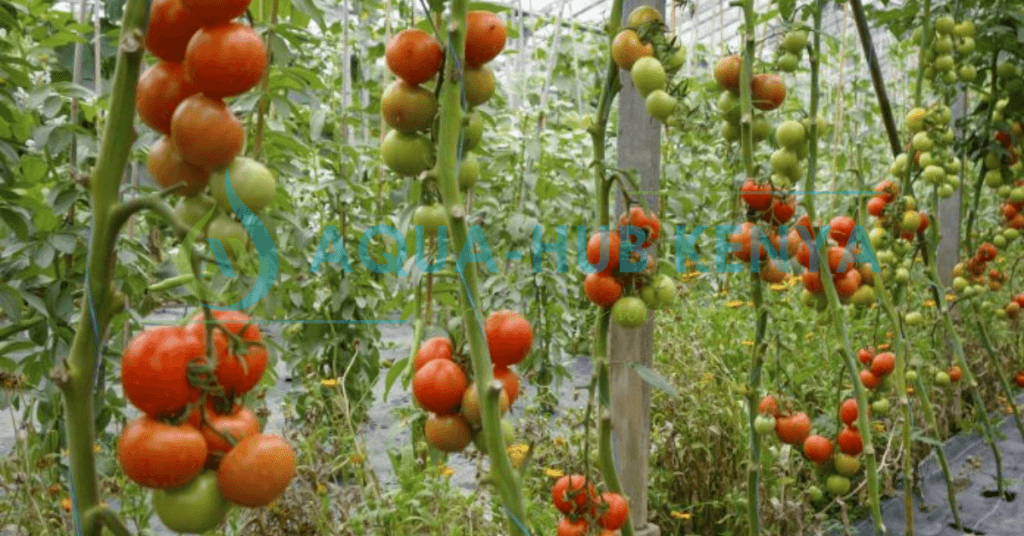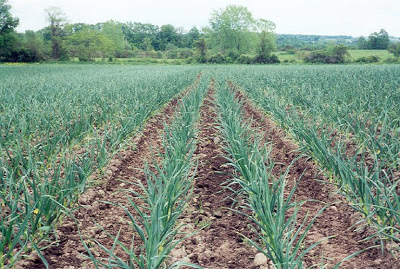Apple Farming In Kenya
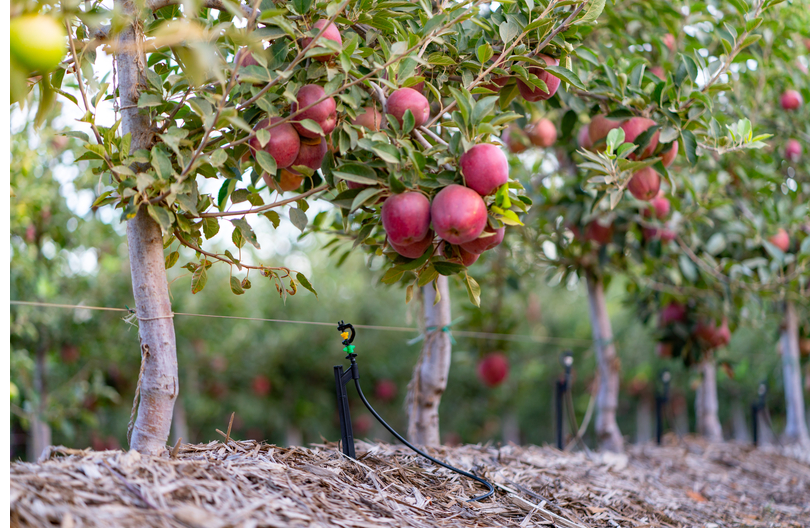
Apple farming in Kenya is gaining traction. This might be owing to the fruit’s high and increasing demand, along with a restricted local supply. The majority of the fruits available in the local market are imported from South Africa. South Africa is Kenya’s primary apple source. At the moment, the growing of the fruit is only in the highlands of Kiambu, Kitale, and Nandi.
Growing apples from seed, on the other hand, does not produce the same harvest as the parent plant, but grafts preserve the same qualities and flavor as the parent plant. It is advisable that you start your apple orchard with grafted apple seedlings. When growing apples, three factors must be in consideration. These include meteorological conditions, soil qualities, and variety selection. Cold temperatures are a requirement for apple production. Apple grows well in areas with typical temperatures ranging from 10 to 18 degrees Celsius.
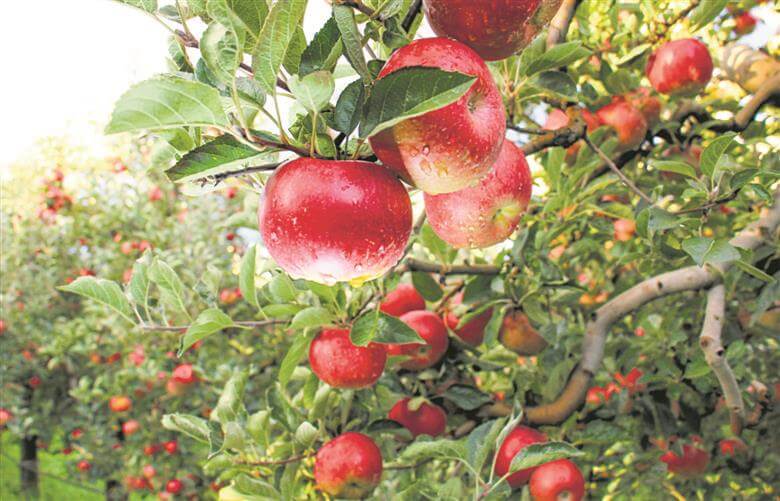
Conditions for apple farming
Fertile and well-drained soils are required for an apple plant to produce a decent harvest. It is also critical to feed your apple tree as it grows. Apples tolerate pH ranges of 6.0-7.0 but prefer 6.5-6.8. There are approximately 7500 apple varieties worldwide, however not all of them can survive in Kenya.
They like sandy-loamy soil that drains well and runs deep, with a suggested PH of 5.5-6.5, and are planted in a 2ft by 2ft hole. Annual rainfall of 800-1100mm is required.
What is the period for apple farming in Kenya?
Grafted apple types begin producing as early as 9 months, but reach maximum profitability after the fifth year, with a tree having a life span of more than 20 years. A mature, well-managed apple tree may yield over 500 apples in a season. An acre with adequate spacing may house 500 trees, with a fruit retailing for an average of 15-30 at the farm gate. As a result, a single tree may yield an average of 10,000, and a one-acre apple orchard can yield Ksh 500,000. When put in a refrigerator, an apple fruit may be preservable for four to eight months.
Apple growing irrigation
During the blossoming and fruiting stages, apples require a lot of moisture. As a result, if you are producing apples in Kenya’s hotter regions, you will need to water your plants. Keep in mind, however, that too much water around the root zone promotes disease spread and, as a result, reduced crop production.
Water interactions are considerably more crucial in high-density apple orchards. Irrigation is critical for ensuring optimum growth of freshly planted and young apple orchards, as well as achieving the appropriate fruit size. The economic viability of high-density orchards is particularly dependent on achieving considerable yields in the third, fourth, and fifth years to repay the installation expenditures. Excellent tree growth over the first three years following planting is required to achieve the predicted high yields.
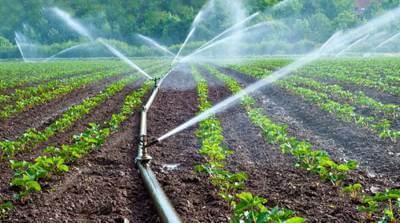
The recommended irrigation type for apple farming
In apple farming, there are three basic irrigation systems: drip irrigation, under tree sprinklers, and overhead sprinklers. Drip irrigation is commonly employable in humid climatic locations. These are the irrigation methods that are best for apple agricultural irrigation in Kenya. Aqua Hub Kenya will supply you with the best irrigation system for your apple growing needs. Our irrigation systems are of the highest quality and the most reasonably priced on the market. Contact us at the following numbers: NAIROBI: 0790719020 | ELDORET: Get Quote.


